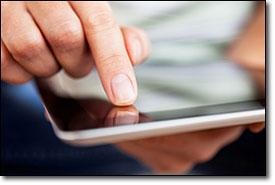
People are accustomed to getting their needs met quickly and at all hours online. It is no different with Mental health needs. Anxiety in the middle of the night is an immediate need, and waiting for a therapy session the following week can feel like years away. With mental health apps, people can track their moods, get support sleeping and reducing anxiety, motivate themselves to eat healthily and exercise, and access many other forms of support.
There are thousands of mental health apps, with more being added daily. In addition to help for laypeople and clients, therapists and psychiatrists can track medication interaction and learn about the brain, students can study the DSM for tests, and everyone can keep up with the latest developments in the field.
Did you know?
- Mental health apps can help clients get to know themselves.
- Apps put the power of mental health into the hands of clients.
- They can be used in conjunction with therapy or outside it.
- Many apps are free.
- Cognitive Behavioral Therapy translates well to apps.
- Mental health apps can help with self-regulation.
- Stress is a huge concern for millions of people. There are apps to aid sleep, facilitate meditation, and reduce anxiety.
- There are special apps designed for veterans struggling with PTSD.
Note: As expected, privacy, ethical, and legal issues of mental health and medical related apps are starting to emerge. These include big-data issues and data collection, privacy and confidentiality concerns, and, of course, informed consent regarding risk and benefit of using mental health apps.
- Increased numbers of psychotherapists and mental health providers are considering, and actually developing, their own mental health Apps.